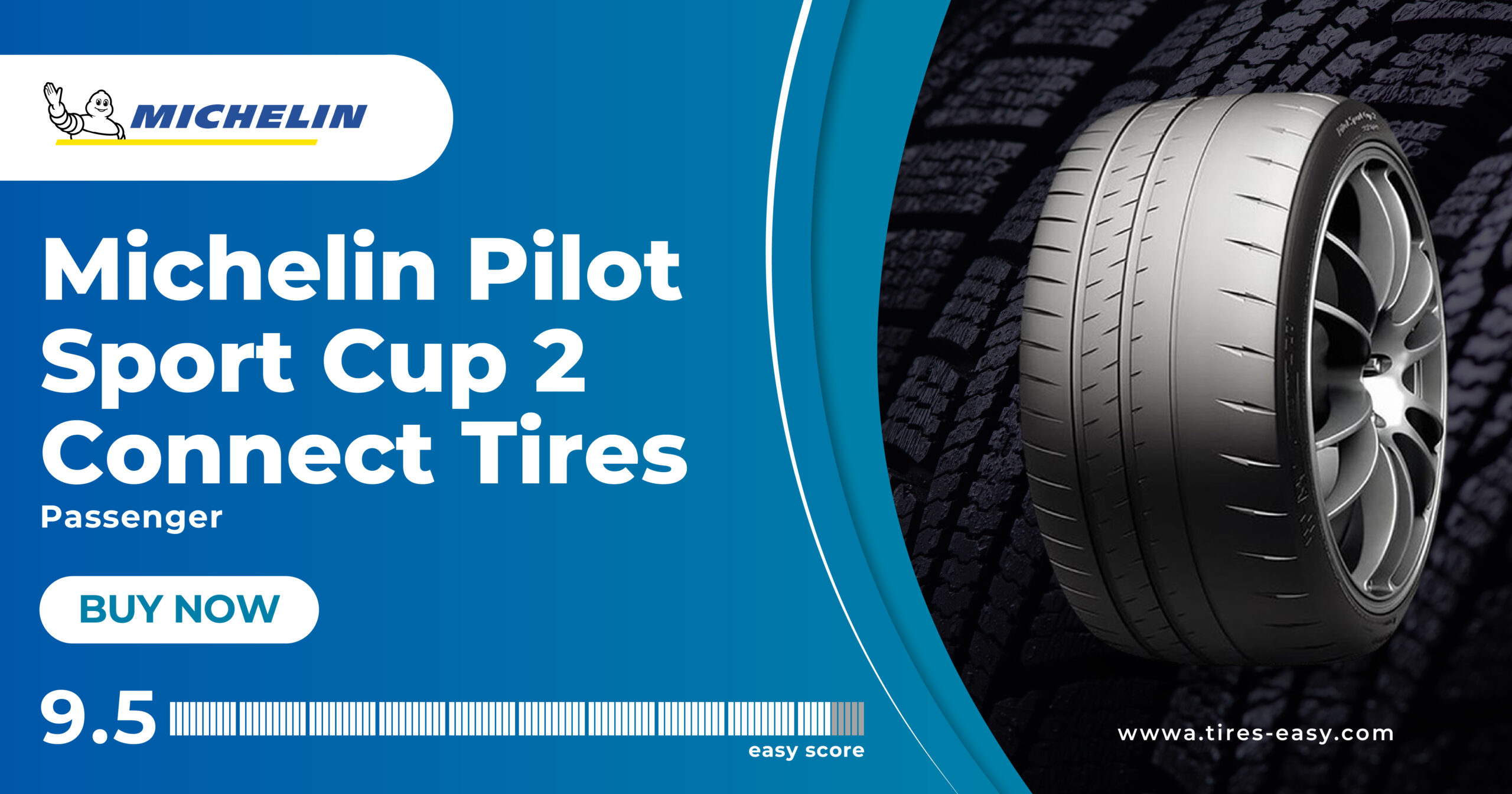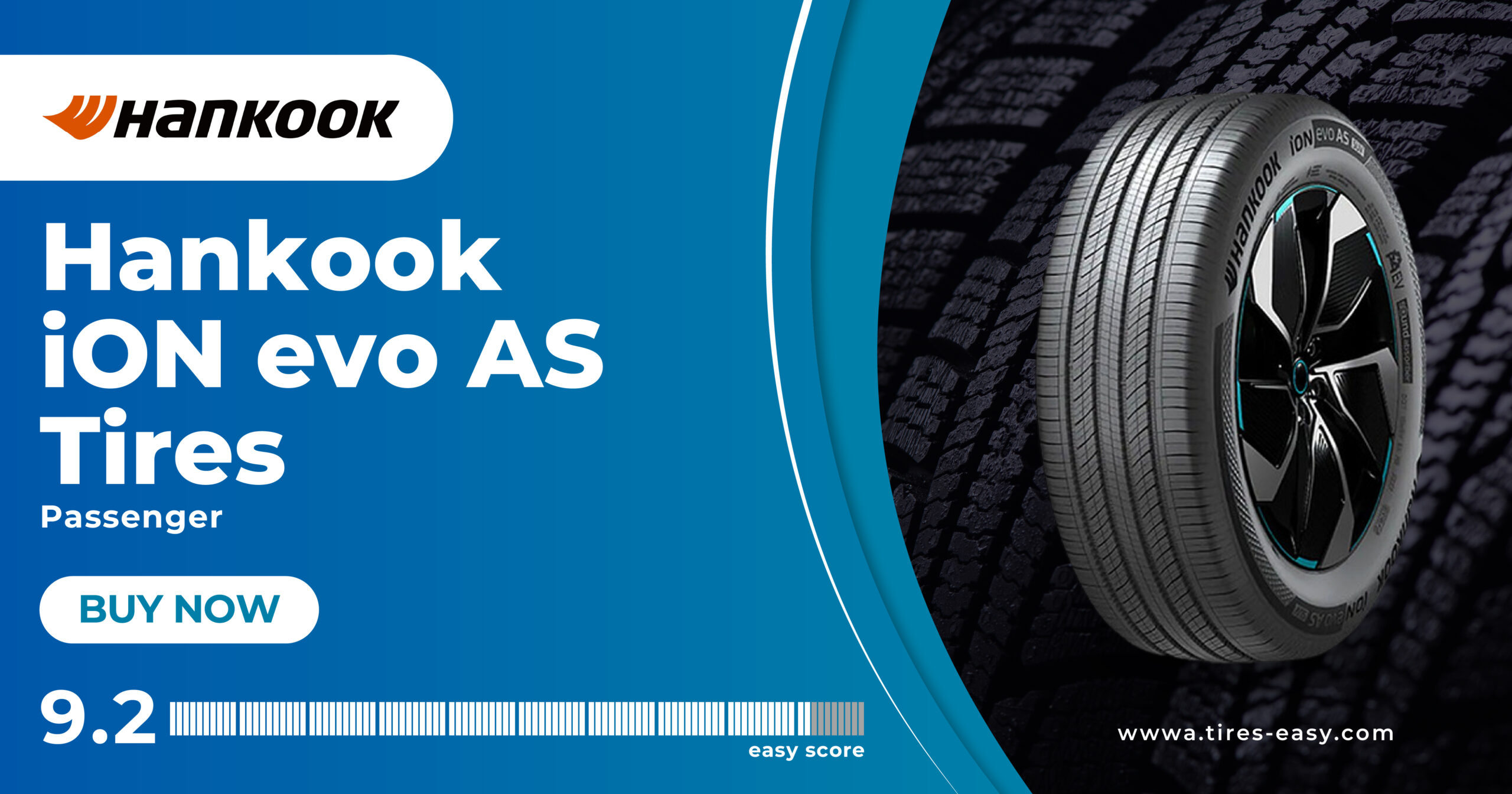Last Updated on August 7, 2025
Learn Why Smart Tires are Becoming a Must-have for Modern Drivers
Smart tire technology (also known as Autonomous vehicles) are redefining the future of the automotive industry. The idea of self-driving cars isn’t new; but the advanced technology has made them a reality. It is now the standard for most car manufacturers to install advanced systems to take over the control of the vehicle, like GM Cruise, for example. However, fully autonomous vehicles with no driver are still undergoing rigorous testing.
Cities like San Francisco and Phoenix already have autonomous taxis in action, hinting at the untapped potential of this technology. Accepting the concept of driverless cars is still a tall order since the technology still requires some significant improvements. Of course, one of the important areas of improvement is the tires. Let’s explore how smart tires for autonomous vehicles in 2025 are paving the way for a safer and more efficient driving experience.
Reasons Why Smart Tires are Important?
1) Real-Time Data Collection
Smart tires feature embedded sensors that monitor important metrics like tire pressure, temperature, load distribution, tread wear, and depth. They also monitor friction and grip on varying surfaces which will then alert the system if something is out of the ordinary. This self-monitoring data helps self-driving cars adjust to road conditions dynamically, improving traction and stability.
2) Predictive Maintenance
Tire sensors detect wear and tear or pressure anomalies before they become critical. Autonomous vehicles equipped with smart tires can schedule maintenance automatically, reducing the risk of blowouts or skidding.
3) Enhanced Communication
Smart tires communicate with the vehicle’s onboard systems and external infrastructure, such as traffic management systems, to optimize real-time braking, acceleration, and cornering. To fully implement this option, the road infrastructure must be enhanced, as well.
4) Improved Energy Efficiency
By optimizing rolling resistance and grip, smart tires enhance energy efficiency, which is critical for EV-based autonomous vehicles. As the demand for autonomous vehicle tire innovations in 2025 grows, tire manufacturers are developing models designed specifically for self-driving cars. Here are the best smart tires for self-driving vehicles in 2025, highlighting their unique features and specifications:
Best Smart Tires For Self-Driving Vehicles In 2025
1. Bridgestone Potenza SportTech
Bridgestone’s Potenza SportTech combines AI and advanced sensor technology to monitor real-time tire performance and road conditions.
Key Features:
- Real-time tread wear analysis for longer tire life.
- Advanced grip sensors to improve handling in extreme conditions.
- Seamless integration with autonomous vehicle systems.
Specifications:
- Tread Depth: 9/32″
- Load Index: 102 (1874 lbs)
- Speed Rating: W (168 mph)
2. Michelin Pilot Sport Connected
Michelin’s smart tire integrates IoT capabilities, offering predictive insights to maximize safety and performance for autonomous EVs.
Key Features:
- IoT-enabled for road condition alerts.
- Predictive maintenance notifications via a smartphone app.
- Advanced energy efficiency for EVs.
Specifications:
- Tread Depth: 8.5/32″
- Load Index: 99 (1709 lbs)
- Speed Rating: Y (186 mph)
3. Pirelli Cyber Tire
The Pirelli Cyber Tire communicates directly with the vehicle’s Advanced Driver Assistance System (ADAS), enhancing autonomous driving accuracy.
Key Features:
- Embedded sensors monitor grip, temperature, and pressure.
- Real-time road surface feedback for adaptive vehicle responses.
- Enhanced cornering stability.
Specifications:
- Tread Depth: 8/32″
- Load Index: 100 (1764 lbs)
- Speed Rating: Y (186 mph)
4. Continental ContiSense
The ContiSense smart tire provides advanced road condition sensing through conductive rubber and integrated sensors.
Key Features:
- Measures road temperature and wetness.
- Alerts AV systems to potential hazards like icy roads or potholes.
- Wear sensors for tire lifespan optimization.
Specifications:
- Tread Depth: 9/32″
- Load Index: 101 (1819 lbs)
- Speed Rating: W (168 mph)
5. Goodyear SightLine
Goodyear’s SightLine tire system is tailored for fleets and autonomous vehicles, offering high-precision data for performance optimization.
Key Features:
- Measures tire health metrics like wear and pressure.
- Real-time alerts for maintenance needs.
- Integrated with cloud-based analytics for fleet management.
Specifications:
- Tread Depth: 8.5/32″
- Load Index: 98 (1653 lbs)
- Speed Rating: H (130 mph)
6. Hankook Smart+ iON
Hankook’s Smart+ iON is designed for electric autonomous vehicles, focusing on low rolling resistance and noise reduction.
Key Features:
- AI-powered performance adjustments based on real-time data.
- SilentDrive technology for noise-free operation.
- High-durability compound for EV-specific torque demands.
Specifications:
- Tread Depth: 9/32″
- Load Index: 96 (1565 lbs)
- Speed Rating: V (149 mph)
7. Nokian Intuition EV
Nokian’s Intuition EV tire leverages machine learning to adapt to changing conditions, offering unparalleled safety for autonomous driving.
Key Features:
- Smart compounds adjust to temperature changes.
- Integrated hazard detection for icy or wet conditions.
- Sustainable materials for eco-friendliness.
Specifications:
- Tread Depth: 10/32″
- Load Index: 97 (1609 lbs)
- Speed Rating: T (118 mph)
Conclusion
The automotive world is facing tremendous changes, not just with the EV revolution but also with the introduction of autonomous cars. However as we move closer to a fully autonomous driving future, the role of smart tires cannot be overstated. By combining real-time data collection, predictive maintenance, enhanced communication, and energy efficiency, self-driving car technology in 2025 will be at the forefront of innovation.
In a rapidly evolving industry, smart tires and autonomous driving are shaping not only the vehicles of tomorrow but also the very roads we travel on. The future is here, and it’s barreling forward—one smart tire innovation at a time.
-
Automotive Specialist
-
Proofreader
-
Writer














